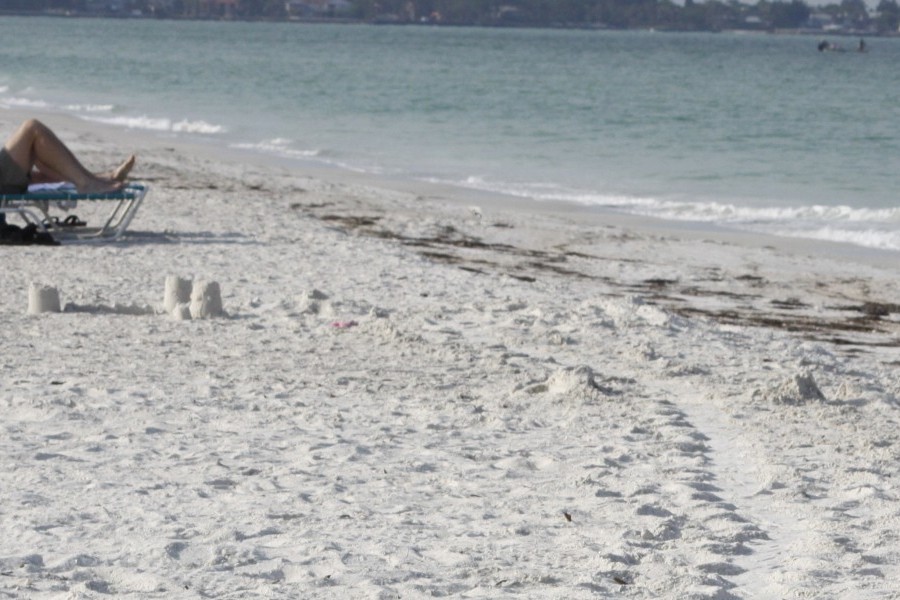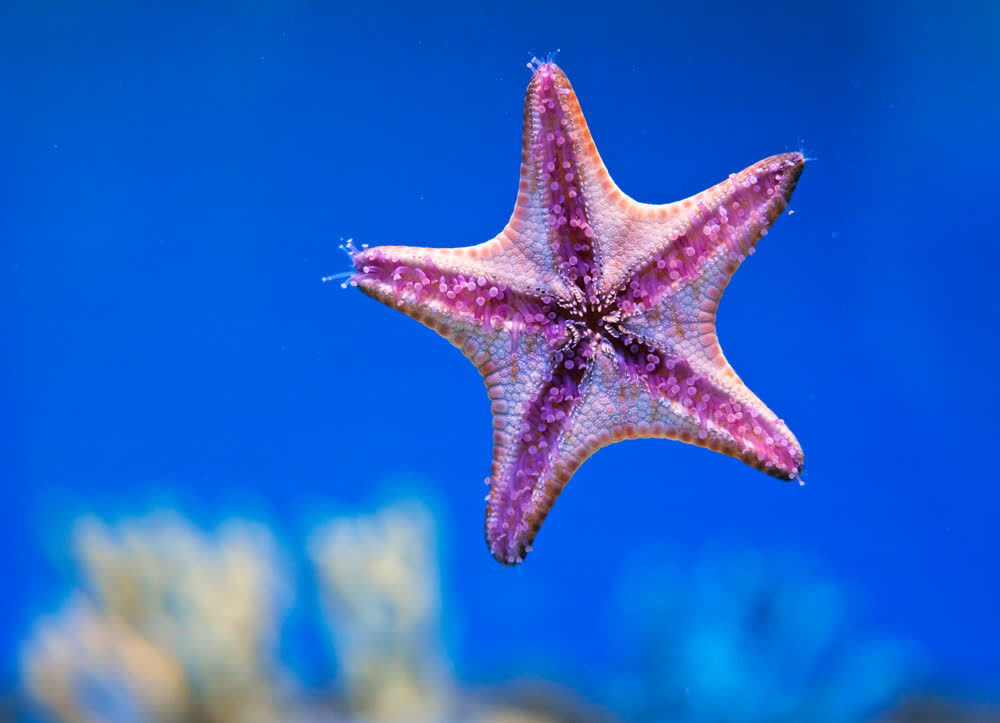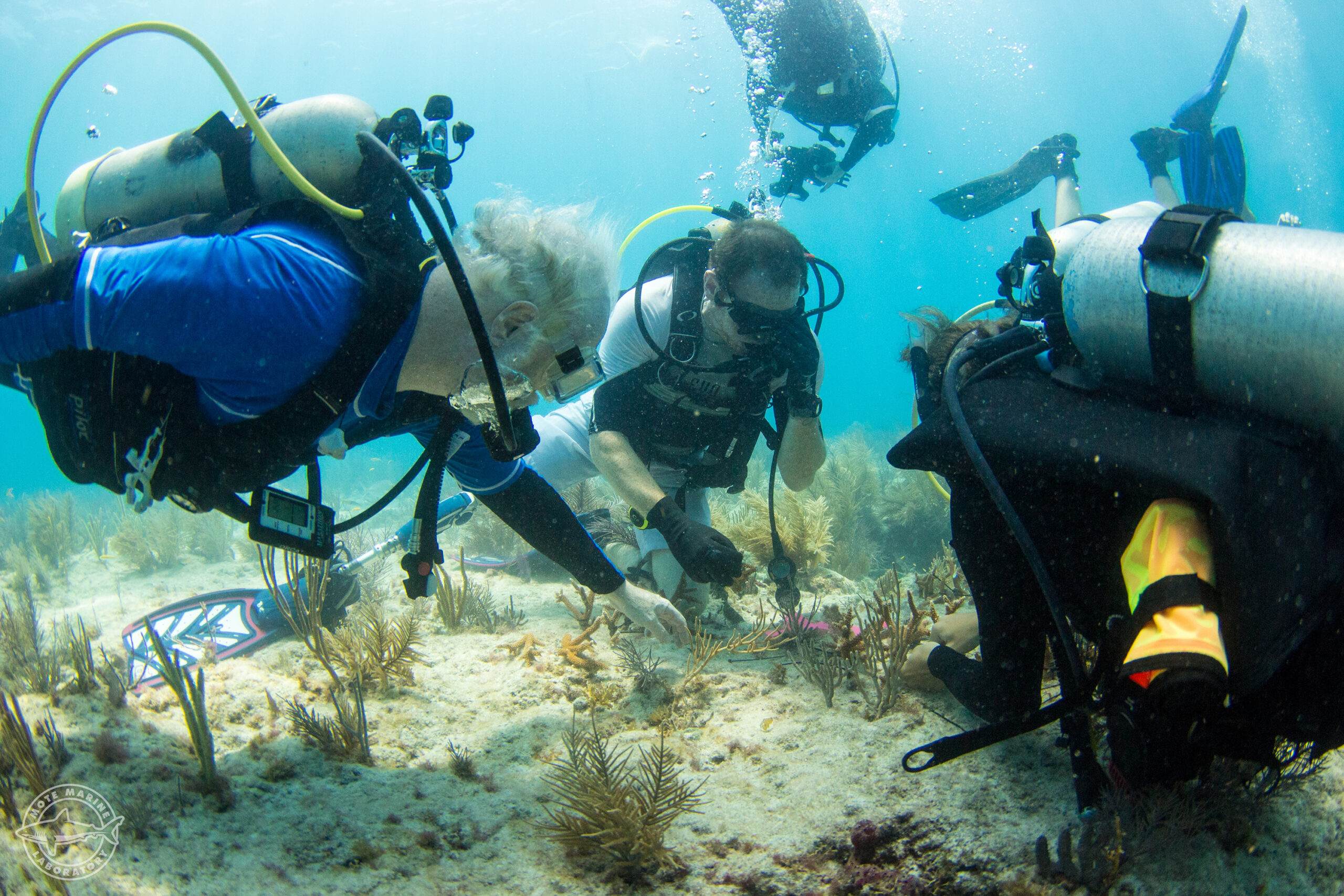Report a Stranding
To report a stranded dolphin, whale, manatee or sea turtle (dead or alive) within Sarasota and Manatee counties, please call the Stranding Investigations Program’s 24-hour hotline: 888-345-2335.
Outside of Sarasota or Manatee counties, please call the FWC Wildlife Alert hotline at 1 (888) 404-FWCC (3922).
Mote Marine Laboratory’s Stranding Investigations Program responds 24 hours a day seven days a week to reports of sick, injured and dead marine mammals and sea turtles for animals in Sarasota and Manatee county waters.
Protect Marine Life
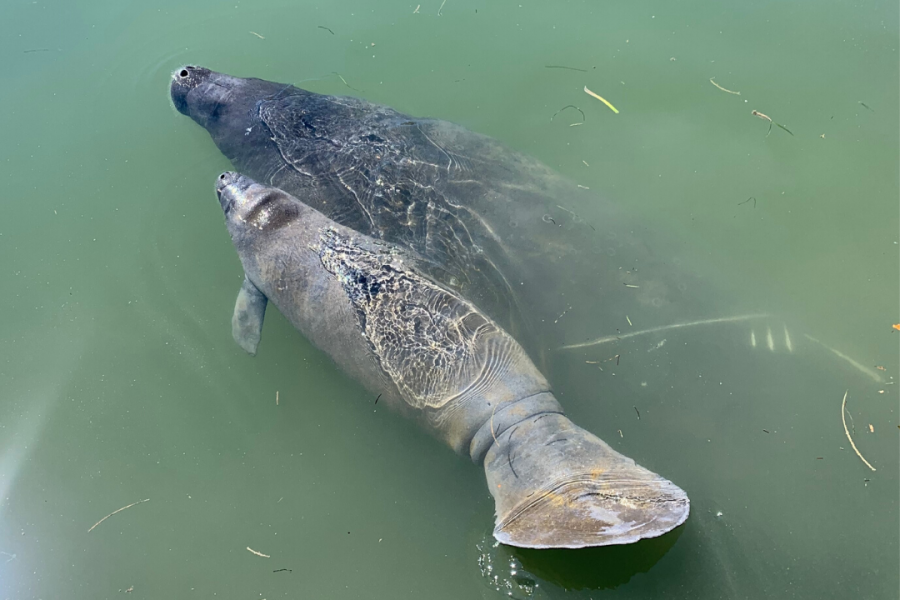 As you enjoy Southwest Florida’s beaches and coastal waters, please be vigilant for marine animals and follow the best practices below to avoid harming sea turtles, dolphins and manatees. These tips matter year ‘round — especially during the summer boating season, when sea turtles are swimming just offshore to mate and coming ashore to nest, and dolphins and manatees are also on the move for breeding and feeding. Sea turtles, dolphins and manatees are all protected by federal law.
As you enjoy Southwest Florida’s beaches and coastal waters, please be vigilant for marine animals and follow the best practices below to avoid harming sea turtles, dolphins and manatees. These tips matter year ‘round — especially during the summer boating season, when sea turtles are swimming just offshore to mate and coming ashore to nest, and dolphins and manatees are also on the move for breeding and feeding. Sea turtles, dolphins and manatees are all protected by federal law.
Boaters
- Follow safe-boating laws, regulations and guidelines from the U.S. Coast Guard and Florida Fish and Wildlife Conservation Commission.
 Follow posted signs for slow-speed zones—it’s required by law. In addition, we encourage boaters in Sarasota County to go as slow as safely possible in the voluntary Sea Turtle Protection Zone mapped by Mote to address hotspots of boat strikes on sea turtles.
Follow posted signs for slow-speed zones—it’s required by law. In addition, we encourage boaters in Sarasota County to go as slow as safely possible in the voluntary Sea Turtle Protection Zone mapped by Mote to address hotspots of boat strikes on sea turtles.- Use vigilance to avoid striking marine animals:
- Ask one of your passengers to be the designated wildlife spotter.
- Wear polarized sunglasses to see marine life in your path.
- Follow 10 dolphin-friendly fishing and viewing tips. Click here for a PDF. These tips were made with dolphins in mind, but they’re also great guidelines for the best ways to view all large marine animals.
- It is illegal to approach or harass manatees. While boating or swimming, if manatees approach you, avoid touching them and allow them to continue swimming without chasing or pursuing them.
- Never feed marine wildlife. It’s harmful and illegal to feed wild dolphins dolphins and to feed or provide fresh water to wild manatees. It encourages them to swim close to people and boats that may hurt them. Also, these animals may alter behavior they become accustomed to people.
- Stow trash and line when under way. Discard and recycle these items in the appropriate receptacles on shore. Marine debris that accidentally blows overboard or out of a truck can become ingested by or entangled around marine life.
- If you observe a manatee mating herd—several manatees gathered as males vie to mate with a female—watch the manatees from at least 100 feet away. Coming any closer might disrupt the herd’s natural mating behavior or put people at risk of being injured by the manatees, which typically weigh more than 1,000 pounds.
Beachgoers
Sea turtle nesting season takes place from May 1-Oct. 31 on Southwest Florida beaches. On nesting beaches, light from waterfront properties can disorient nesting female turtles and their young, which emerge at night and use dim natural light to find the sea. Also, beach furniture, trash and other obstacles can impede sea turtles and their young.
Here are some “do and don’t” tips to keep our beaches turtle-friendly:
- DO stay away from sea turtle nests marked with yellow stakes and tape, and seabird nesting zones that are bounded by ropes.
- DO remain quiet and observe from a distance if you encounter a nesting sea turtle, hatchlings, or a posted nest area.
- DO shield or turn off outdoor lights that are visible on the beach from May through October. Use FWC approved turtle-friendly lighting products.
- DO close drapes after dark.
 DO stack beach furniture at the dune line or, ideally, remove it from the beach. Beach furniture, holes, trash and other obstacles can impede nesting turtles and deter them from laying nests or can injure or prevent females and emerging hatchlings from reaching the water.
DO stack beach furniture at the dune line or, ideally, remove it from the beach. Beach furniture, holes, trash and other obstacles can impede nesting turtles and deter them from laying nests or can injure or prevent females and emerging hatchlings from reaching the water.- DO fill in holes that may entrap hatchlings or nesting females on their way to the water.
- DO pick up your trash (or trash left behind by others) and deposit it in the correct receptacles when leaving the beach.
- DO use turtle friendly toy boxes (if available) to recycle beach toys for others to use.
- DON’T approach nesting turtles or hatchlings, make noise, or shine lights at turtles.
- DON’T use flashlights, head lamps, phone lights or fishing lamps on the beach.
- DON’T encourage a turtle to move while nesting or pick up hatchlings that have emerged.
- DON’T use fireworks on the beach.
- DON’T walk dogs on Sarasota or Manatee county beaches—but check county websites for exceptions such as Brohard Paw Park in Venice.
Sea Turtle Nesting Updates
Sea turtles nest along Southwest Florida beaches from May through October. Mote’s Sea Turtle Conservation and Research Program monitors 35 miles of beaches in Sarasota and Manatee counties daily to check for new nests.
Check Beach Conditions 
The Beach Conditions Reporting System (BCRS) provides several types of information about beach locations in Florida and other coastal states. The BCRS is a valuable tool during Florida red tide events, communicating the presence of dead fish, respiratory irritation among beachgoers, water color, and wind direction.
Red Tide Resources
Mote Marine Laboratory studies Karenia brevis, the organism that causes red tides in the Gulf of Mexico. Click here for red tide FAQs, Mote research and other key info for the public.
For conditions throughout the Florida Gulf coast, with information about red tide cell concentrations observed at specific locations, please visit the Florida Fish and Wildlife Conservation Commission (FWC) page Red Tide Current Status or call their Red Tide Status Line.
- FWC Red Tide Status Line: (866) 300-9399 (toll-free inside Florida only); (727) 552-2448 (outside Florida).
- Report Symptoms from exposure to a harmful algal bloom or any aquatic toxin to the Florida Poison Information Center by calling 1-800-222-1222 to speak with a poison specialist immediately.
- For more information about water conditions on Sarasota County beaches, please click on this link to the Sarasota County Healthy Beaches website.
- Info on Trichodesmium
Florida Keys Environmental Observations
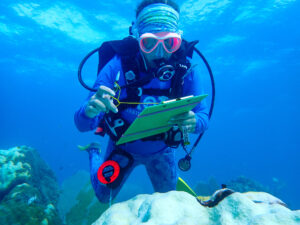
With support from and coordination with the Florida Keys National Marine Sanctuary (FKNMS), Mote is encouraging the public to report unusual marine events on Florida’s Coral Reef to the Southeast Florida Action Network (SEAFAN). The goal of the network is to help the scientific community better understand the nature and causes of marine events that adversely affect marine organisms, and assist ongoing research efforts to assess and monitor events as they develop. Understanding these events will help scientists and managers determine whether the events are natural or are linked to human activities.
Also in partnership with FKNMS, Mote scientists also operate Florida Keys BleachWatch, a team of trained recreational, commercial and scientific divers who help monitor and report on conditions on reefs. Coral bleaching is the corals’ loss of their symbiotic algae (zooxanthellae), which give them their color and much of their food. Bleaching can occur when waters stay too hot (>87 degrees F) for too long. Bleached corals can die if conditions don’t improve. Bleaching occurs to some extent annually in the FKNMS, but intense heat waves can cause major bleaching events. Records show that coral bleaching has been occurring for many years in the Florida Keys and the frequency and severity of these events has steadily increased since the 1980s.


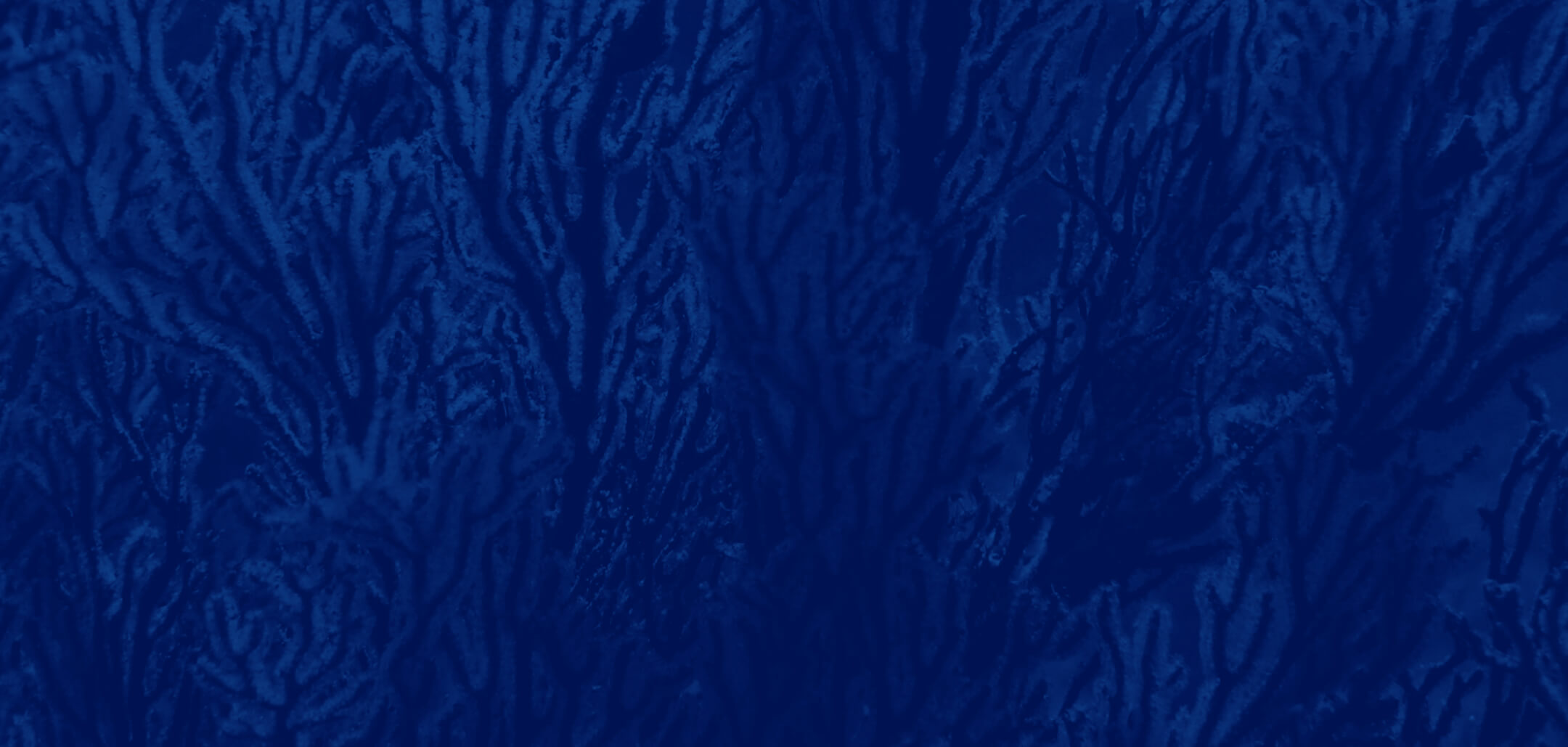
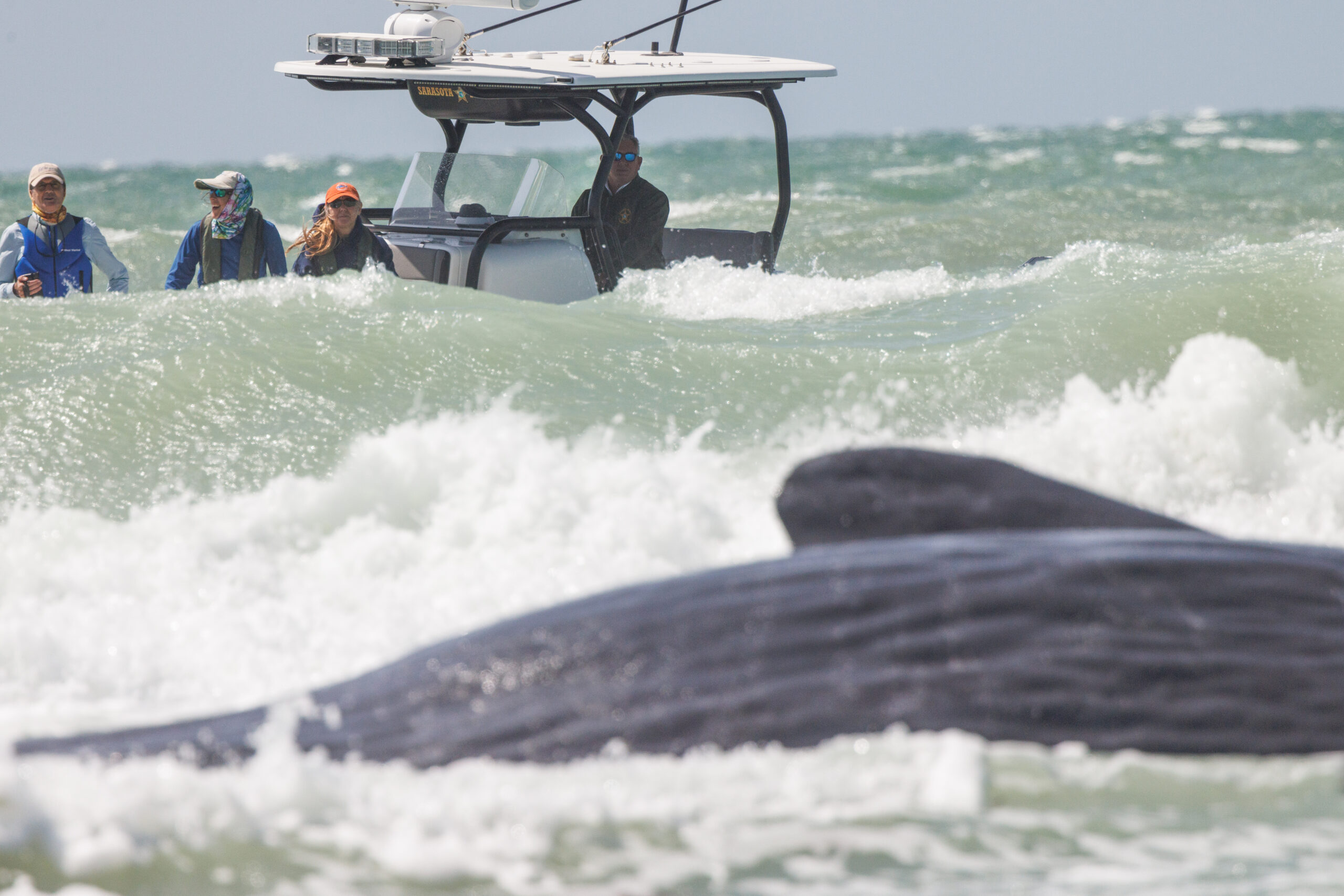
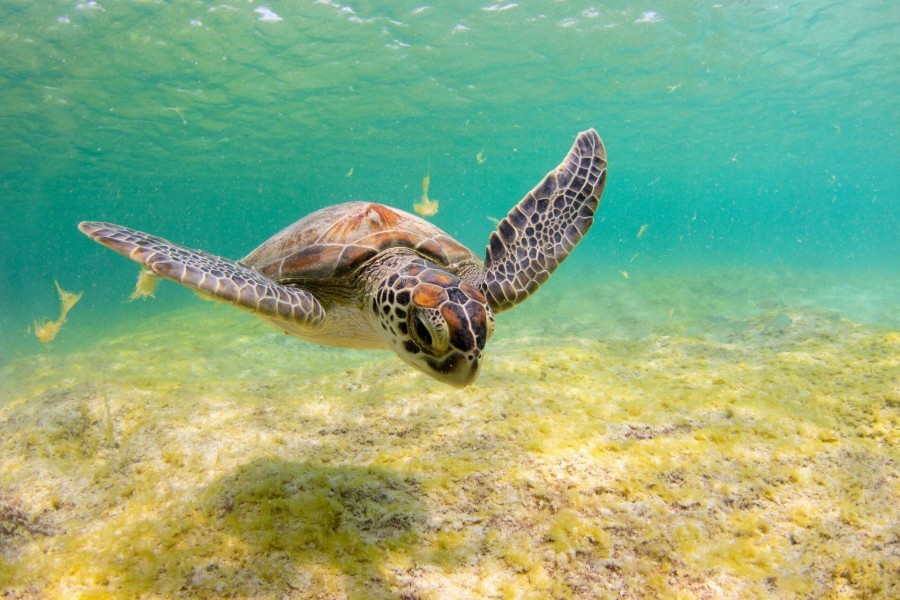
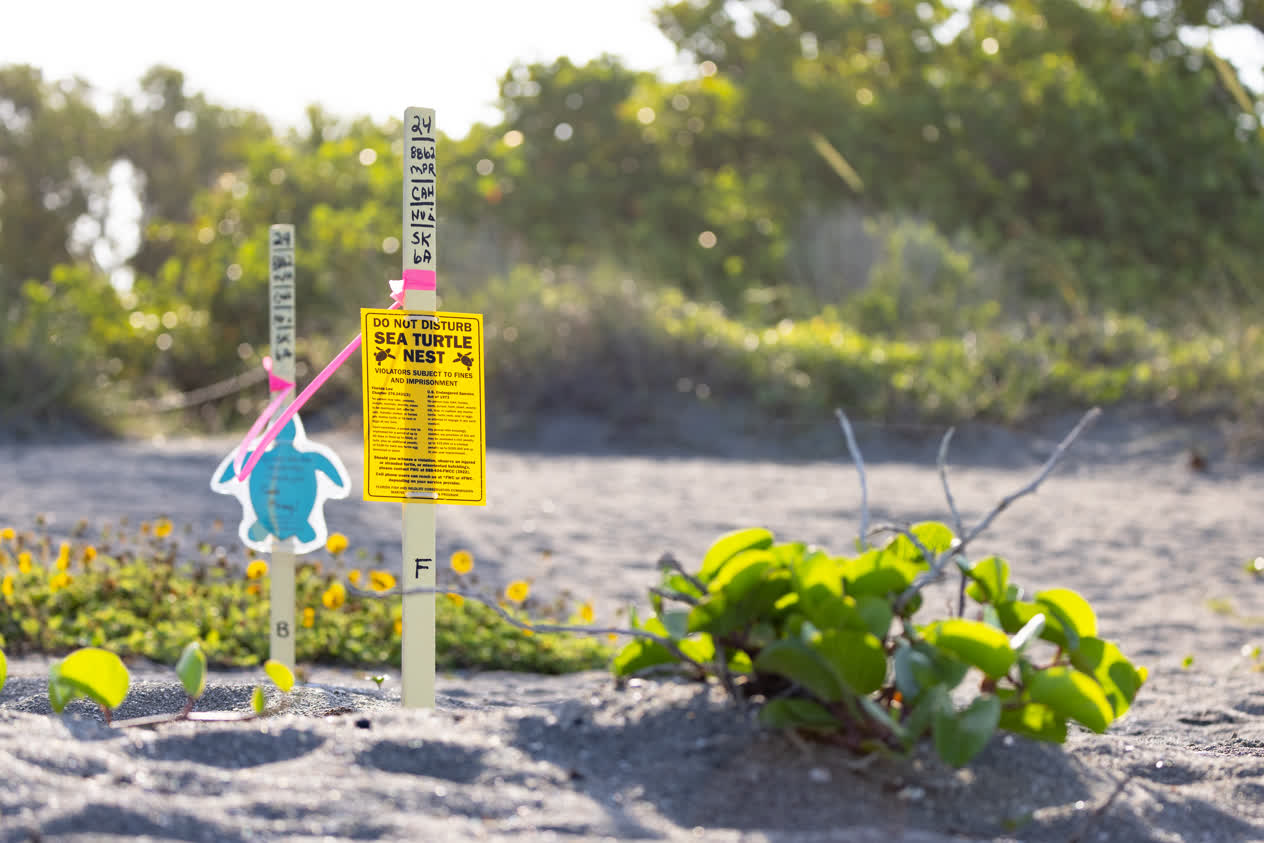
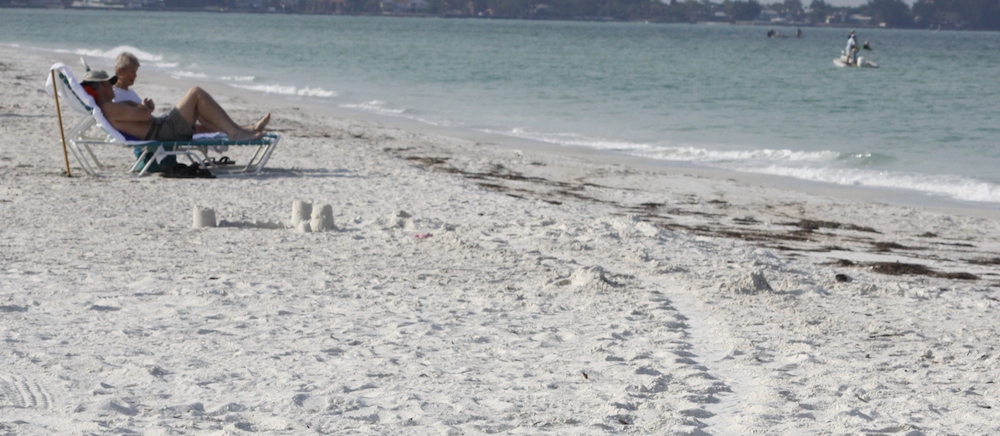
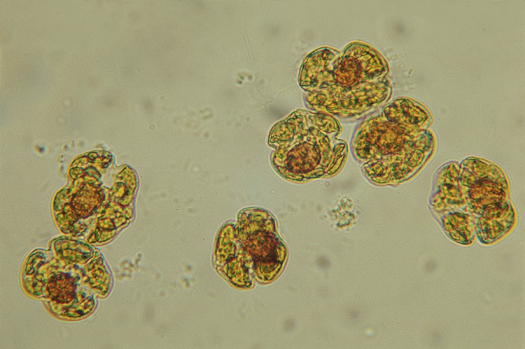
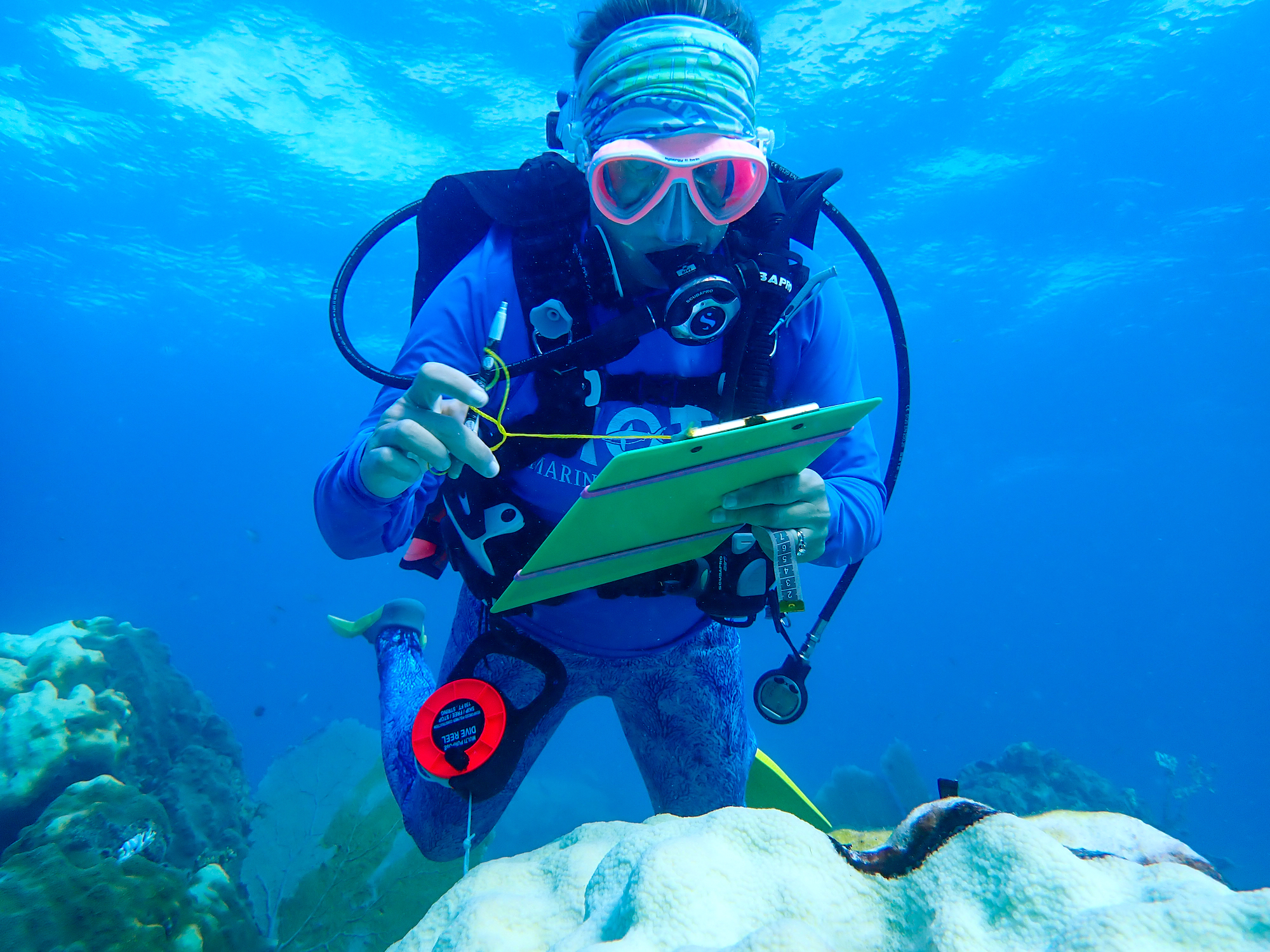
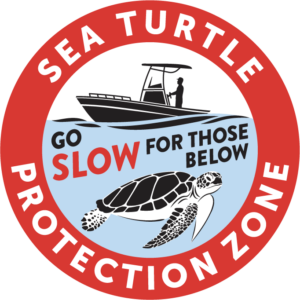 Follow
Follow 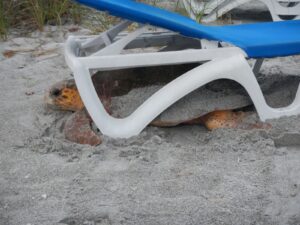 DO stack beach furniture at the dune line or, ideally, remove it from the beach.
DO stack beach furniture at the dune line or, ideally, remove it from the beach. 